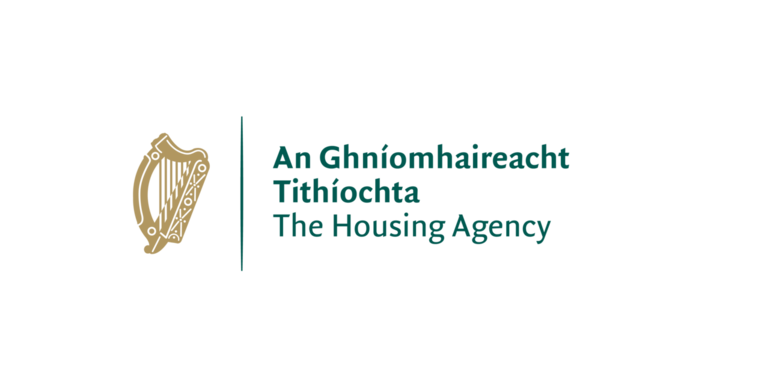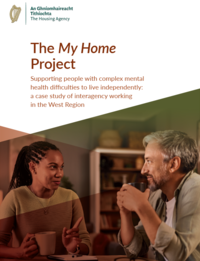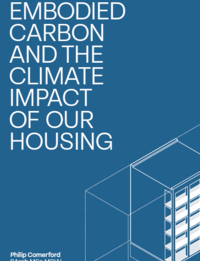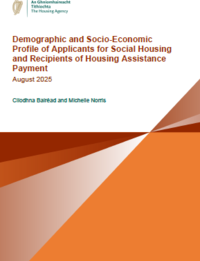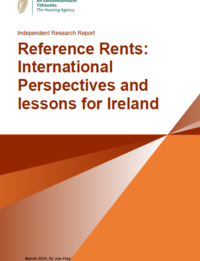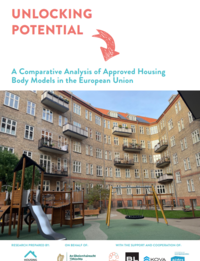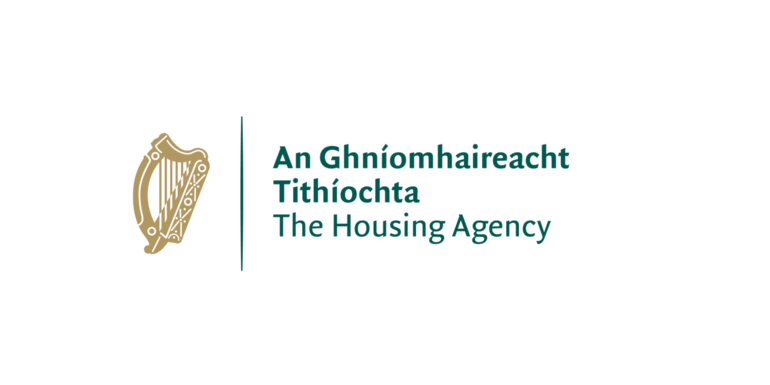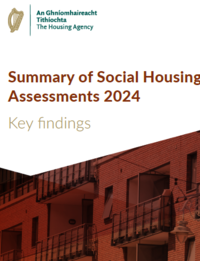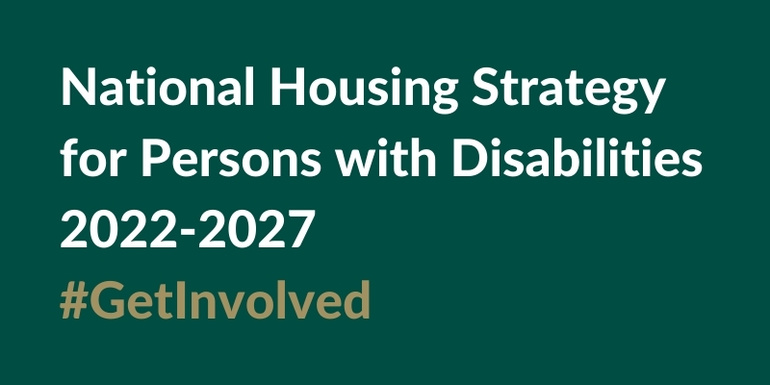
The National Housing Strategy for People with a Disability (2011-2016 (extended to 2020)) will come to an end this year. A new national strategy is now being developed. The strategy is about facilitating the provision of housing options and related services to disabled people to allow individual choice and support independent living.
Do you have a disability, care for a disabled person or work in supporting independent living for disabled persons? If yes, have your say on the plan.
We want to hear your views on the current strategy and what you would like to see included in the new national strategy. In order to get involved today, fill out this 10-15 minute questionnaire. The survey is anonymous and confidential.
The closing date for this round of consultation is Friday 23 April. A further round of consultation on the drafted aims and objectives will be carried out over the summer and autumn months.
Thank you for taking the time to let us know your views, which will feed into the development of the new strategy.
Information you supply as part of this process will be handled in line with our Privacy Notice (read here).
Take the Survey in English | Take the Easy Read Survey | Tóg an Suirbhé as Gaeilge
| Survey Documents - English | Easy Read Survey Documents - English | Cáipéisí Suirbhé as Gaeilge | |
|---|---|---|---|
 |
Click here to download an editable Word version of this survey. this can be filled out and emailed to disabilitystrategy@housingagency.ie. | Click here to download an editable Easy Read Word version of this survey. this can be filled out and emailed to disabilitystrategy@housingagency.ie. |
Cliceáil anseo chun leagan ineagarthóireachtas Word den suirbhé i nGaeilge a íoslódáil. Is féidir é sin a chomhlánú agus a chur ar ais tríd an ríomhphost chuig disabilitystrategy@housingagency.ie |
 |
Click here to download and print a PDF version of the survey. This can be filled out and posted to: |
Click here to download and print an Easy Read PDF version of the survey. This can be filled out and posted to: |
Cliceáil anseo chun leagan PDF den suirbhé i nGaeilge a islodáil agus a chur i gcló. Is féidir é sin a chomhlánú agus a chur ar ais tríd an bpost chuig: |
If you would like a copy of any of the above to be posted to you, please contact The Housing Agency on +353 (0)1 656 4100.




